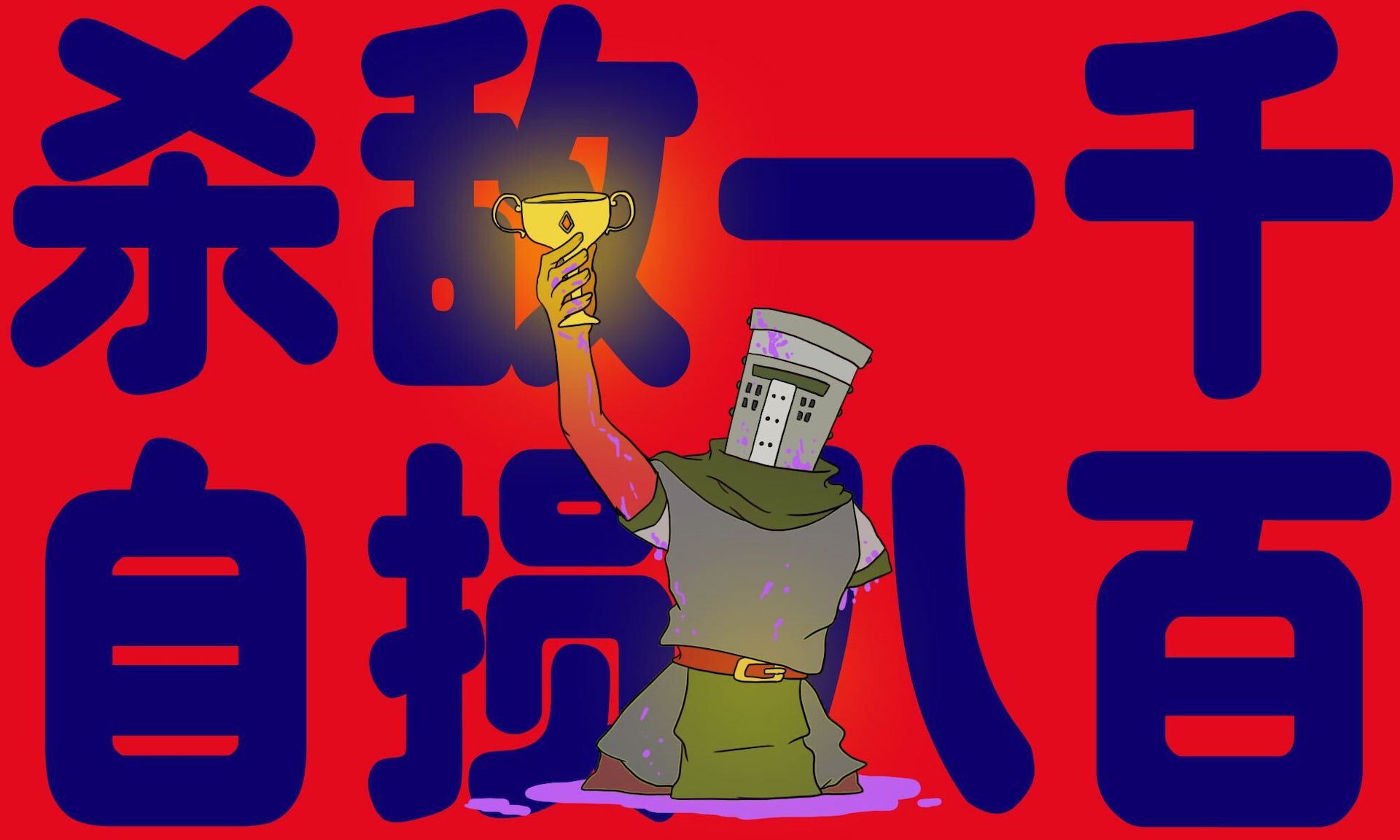‘Kill 1,000 enemy soldiers but lose 800’ — phrase of the week
Will Western sanctions against Russia prove to be fruitless and end up harming European countries more than their intended target? That’s what one Chinese scholar suggested with his use of an ancient saying in interviews about the Russian invasion of Ukraine.

Our phrase of the week is: Kill 1,000 enemy soldiers but lose 800 of your own (杀敌一千,自损八百 shā dí yī qiān, zì sǔn bā bǎi).
Context
Zhèng Yǒngnián 郑永年 is a Chinese public intellectual, the acting dean of the School of Humanities and Social Science, and the founding director of the Advanced Institute of Global and Contemporary China Studies at the Chinese University of Hong Kong, Shenzhen (CUHK-Shenzhen).
Zheng recently gave two interviews to the German newspaper Die Zeit and the Chinese nationalist tabloid Global Times about the Russia-Ukraine conflict. In the Global Times interview (English, Chinese), he uses an old Chinese idiom to explain his opinion on economic sanctions imposed on Russia:
这种制裁对德法等国来说也是“杀敌一千,自损八百”
Countries such as Germany and France are paying more for something less.
Translation
Paying more for something less is not a great translation. A more accurate way to say it is Killing 1,000 enemy soldiers but losing 800 of your own. It’s similar to the much less bloody English idiom Take one step forward and two steps back, or a Pyrrhic victory, which means a success that comes with great loss or high cost.
This eight-character Chinese idiom can be traced back to Sun Tzu’s Art of War 孙子兵法 sūnzi bīngfǎ, a collection of military strategies written during China’s Spring and Autumn period, around 500 B.C.
Pyrrhic victory coincidentally dates back to a similar time, from the Battle of Asculum in 279 B.C., when the Greek king Pyrrhus of Epirus triumphed against the Romans but lost most of his army in the process, bringing an end to his campaign.
Similarly, Killing 1,000 enemy soldiers but losing 800 describes a scenario where one side looks like it’s gained an advantage, taking many enemy soldiers, or in the case of Zheng’s interview, imposing heavy sanctions, but it has also suffered or will suffer heavy losses. So both sides will lose in the end, or 两败俱伤 liǎngbài jùshāng in Chinese.
It’s a common idiom in business conversations in Chinese, too, describing an aggressive strategy of a company or an investor that’s gone badly wrong.
There’s also a modern twist to this nearly 3,000-year-old phrase. It can be said the other way around — Killing 800 enemy soldiers but losing 1,000 — which is probably closer in meaning to Pyrrhic victory.
If you enjoyed this, check out Andrew Methven’s Slow Chinese 每周漫闻 newsletter, a resource to help you master modern Mandarin, and understand how people speak Chinese today.






